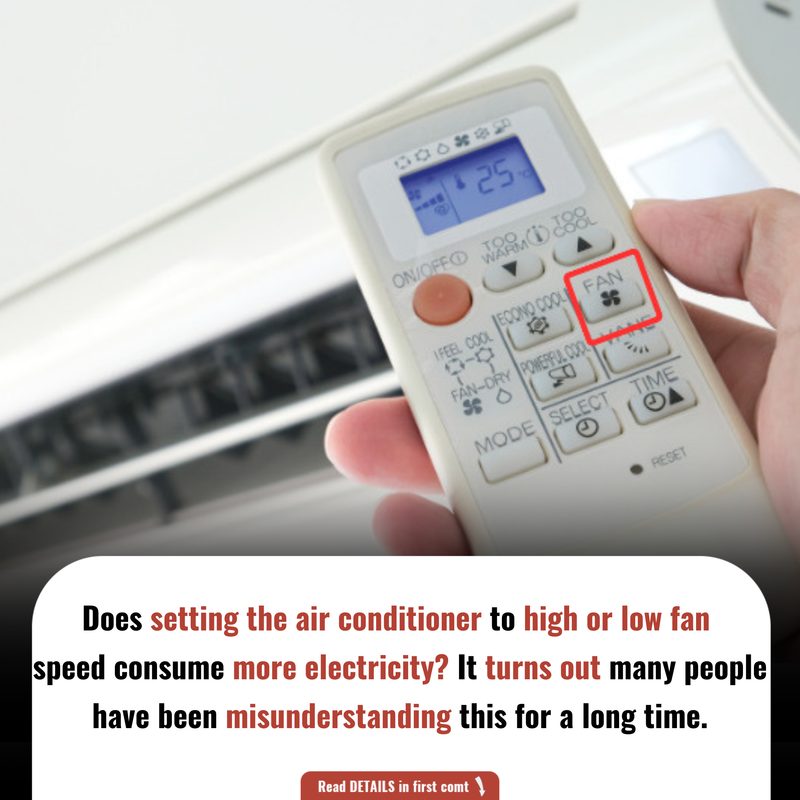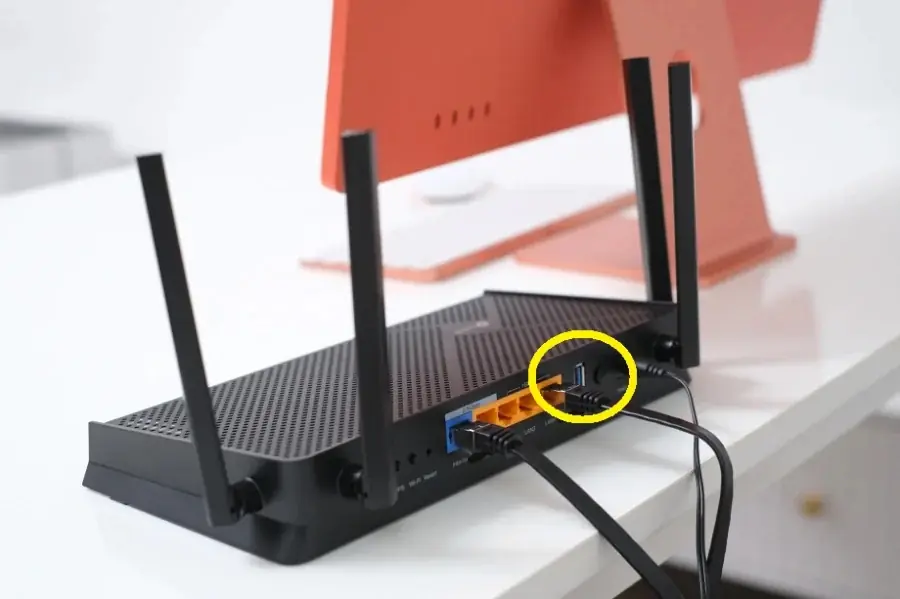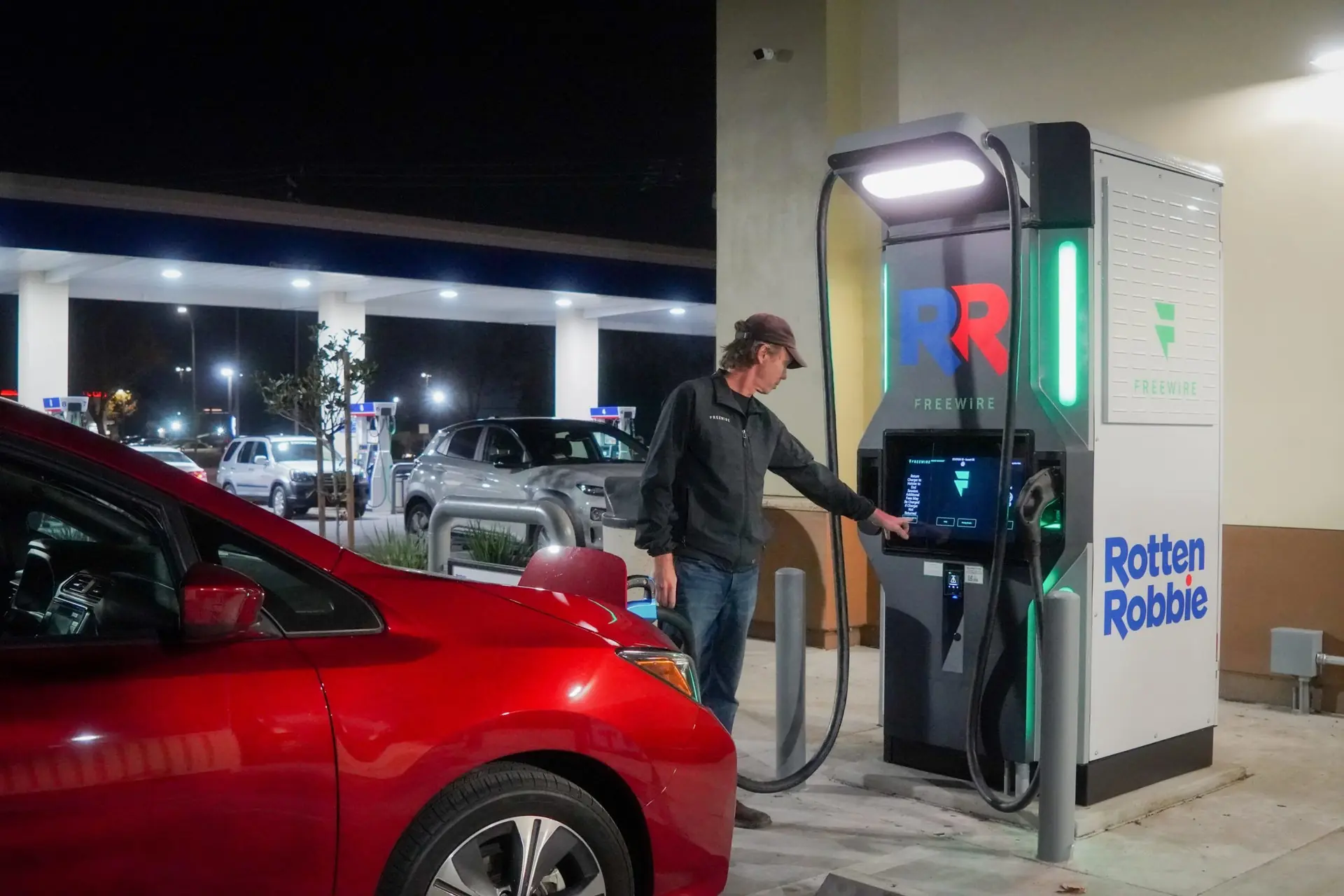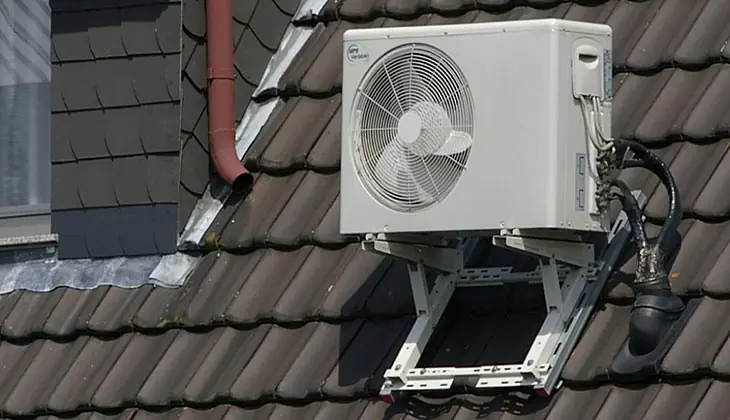Many people believe that running an air conditioner's fan on high consumes more electricity, but this isn't always the case. Understanding how fan speed affects energy consumption can help you make informed decisions about your air conditioner's settings.

Fan Speed and Energy Consumption:
The primary energy consumer in an air conditioner is the compressor, not the fan. Therefore, adjusting the fan speed typically doesn't significantly impact overall energy usage. However, fan speed can influence the efficiency of cooling and humidity control.
High Fan Speed:
-
Advantages:
-
Quickly circulates air, leading to faster cooling.
-
Can help distribute cool air more evenly throughout the room.
-
Considerations:
-
May not allow the air conditioner enough time to remove moisture from the air, which is crucial for comfort in humid environments.
-
Increases noise levels, which might be disruptive.
Low Fan Speed:
-
Advantages:
-
Allows the air conditioner to run longer cycles, improving moisture removal and comfort in humid conditions.
-
Quieter operation, which can be more pleasant.
-
Considerations:
Optimal Settings:
For most situations, using the "Auto" setting is recommended. This allows the air conditioner's system to adjust the fan speed based on the room's temperature and humidity, optimizing both comfort and energy efficiency.
Conclusion:
The misconception that higher fan speeds always lead to higher energy consumption is not entirely accurate. While the compressor is the main energy consumer, fan speed can affect comfort and humidity control. Adjusting settings according to your specific needs and environmental conditions can lead to better energy efficiency and comfort.
































